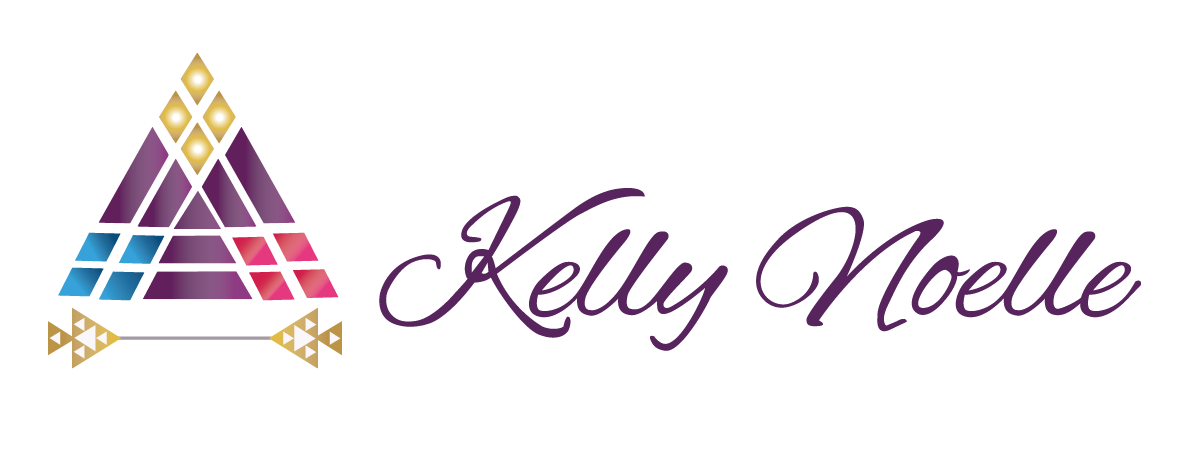Does Time Heal All Wounds?
Time does not heal all wounds, in fact it can be a hindrance to healing if you don’t know how to utilize it correctly.
This popular cliché has been around for decades and although time can be a great ally in healing, it doesn’t help us completely mend from past trauma. So first let’s figure out how and why time does help and then will explore how it can be a hindrance and you’re always welcome to scroll to the end for the tips :)
When someone faces high-stress events, which could be finding out a partner cheated, were left behind at a store as a kid, a car crash, grieving the loss of a loved one, divorce, abuse, etc., our mind and body’s "fight or flight" response is activated, releasing stress hormones such as cortisol and adrenaline. This can lead to increased heart rate, rapid breathing, and heightened alertness, which leads to feelings of fear or anxiety. Additionally, the prefrontal cortex, which is responsible for decision making and problem solving, can become less active, making it harder to think clearly and react appropriately to the situation.
All that to simply say that in the moment trauma occurs you lessen your ability to process emotions, to access your higher thinking, logic, intuition and guidance. In the moment it can be nearly impossible to see the lessons or even blessings that event can have. When a traumatizing event goes unprocessed those feelings get ‘trapped in the body.’ Time functions similarly to meditation in that it creates a gap between you and the event, which allows you to integrate all the chemicals released(emotions) and access your higher reasoning so that you can properly respond to the event. We’ve all heard 20/20 hindsight and this is the gift of time. In that gap we can revisit the trauma, look at it from a new perspective and can begin the healing process. The keyword there was REVISIT.
So when does time become a hindrance in the healing journey? When we don’t revisit it! Life is not a spectator sport you have to participate, you have to literally go through it. So for many when time distances us from a trauma instead of going back and processing it they tend to compartmentalize the event, store it away and for some even forget about it. This is when things get harder to heal because we become unconscious of the root issue, which later can manifest in bad habits, negative beliefs, or sabotaging behaviors. Unprocessed or trapped emotions in the body can even lead to physical health issues.
As enough time passes our memories become distorted, we’re forgetful, or we can ‘suffer’ from confabulation. Our minds will begin to change our memories unintentionally to match the emotional impact the event had on us, to match our beliefs systems and our memories are even impacted just from our physical health. This is why 7 people can experience the same exact event and have 7 different accounts. So if we let too much time pass you can see how it becomes harder to process. Not to mention that when so much time passes people often feel like it’s not a big deal, that trauma then sits there, impacting us negatively and can even be passed down our family lines.
How to Use Time to Heal:
Once you’ve had enough space to feel safe and grounded in your body you can start to revisit the event mentally begin asking yourself questions.
How did this make me feel?
Where do I feel that in my body?
Is it still there or have I released it?
What can I do to release it?
What significance or meaning did I give to this event?
What beliefs did I form about myself or life during this time?
What have I learned about myself?
What did I gain from this?
Use these journal prompts to free flow and start utilizing time as an ally in your healing journey. Always remember you can send in your questions! I answer the most commonly asked or poignant ones via social media and this blog.
